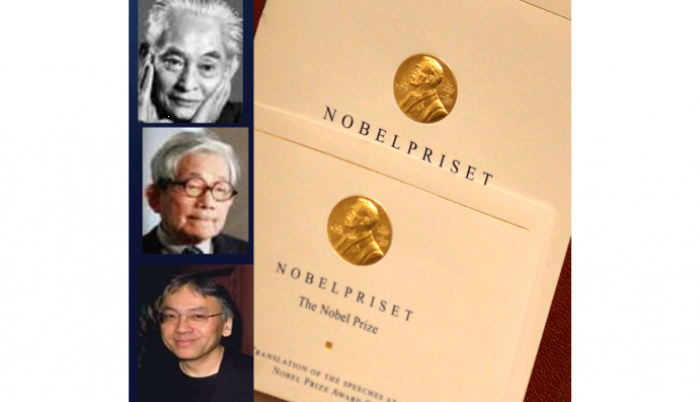
ANAS Nizami Ganjavi Institute of Literature, Azerbaijan-Asian Literary Relations Department held a seminar dedicated to Yasunari Kawabata and Kenzaburo Oe, laureates of the Nobel Prize in Japanese literature.
The event was organized as part of traditionally held seminars on Asian literature. At the seminar, the head of the department, Professor Badirkhan Ahmedli, said that ancient Japanese culture, which has its own aesthetic and artistic values, and Japanese literature, which makes up a large part of it and whose history is measured in millennia, occupy an important place in world literature along with the literary environment of Asian countries. The professor noted that even in the Soviet period, Azerbaijani readers were closely familiar with the literary prose of Japan, as well as with examples of classical Japanese poetry, which were translated into Russian from time to time by various of our poets and translators, although not constantly. In 1968, Yasunari Kawabata, in 1994, and Kenzaburo Oe, Nobel Prize winner in 2008, said that interest in Japanese literature is growing in our country, as well as throughout the world.
An employee of the department, Gulnar Yunusova, who received a Doctor of Philology degree in the field of Japanese literature as the first and only specialist in Azerbaijani literary studies, gave information about the life and work of both Nobel laureates, as well as about the idea-art novel “The Old Capital”, which brought Yasunari Kawabata world fame and received a Nobel Prize, explained the features. It is noted that the novel is an artistic expression of concern and regret about the fate of traditional Japanese culture in the face of a rapidly changing, globalized capitalist world. At the same time, the speaker explained in detail the creative directions of the famous writer Kenzaburo Oe, who passed away this year and received the Nobel Prize in Japanese literature for the second time, as well as parallels in the life and work of the writer using artistic examples. . It was brought to the attention of the seminar participants that the novel “Personal Experience” brought the writer the Nobel Prize “for the poetic reflection of an imaginary world, connecting reality and myth to create an unimaginable picture of today's human tragedies”.
